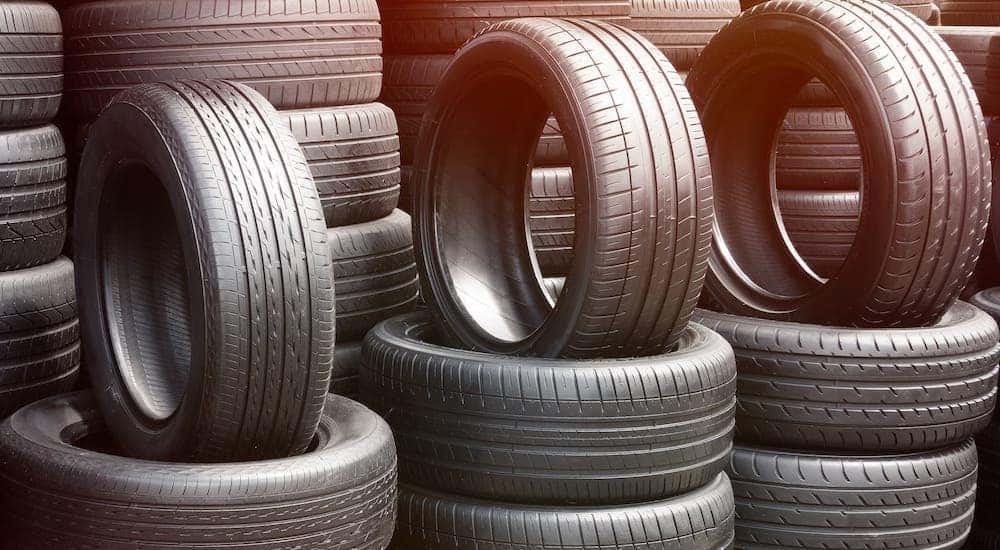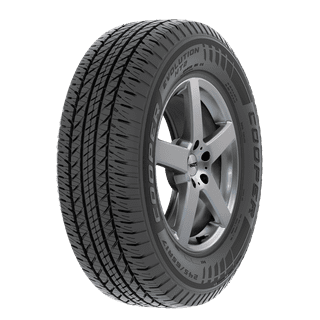Finest Offers on Discount Tires Morris IL: Quality Tires at Affordable Prices
Finest Offers on Discount Tires Morris IL: Quality Tires at Affordable Prices
Blog Article
Tire Solution: The Effect of Weather Conditions
When it pertains to ensuring ideal efficiency and security on the road, understanding the influence of weather conditions on tire service is vital. From scorching warmth to icy roadways, each weather condition element can substantially influence tire functionality and overall driving experience. By delving right into the impacts of differing climate condition on tires, drivers can obtain valuable understandings that might improve their vehicle's performance and longevity. In this conversation, we will certainly explore the complex partnership in between climate conditions and tire solution, clarifying the significance of weather-specific tire maintenance techniques and factors to consider.
Warmth and Tire Efficiency
When exposed to high temperature levels, tires experience modifications in efficiency that can substantially influence car security and handling. The warm created from prolonged driving or heat conditions causes the tire rubber to soften, leading to decreased walk life and raised wear. As the rubber becomes softer, the tire's grip when traveling diminishes, impacting braking ranges and overall grip. In severe instances, extreme warmth can also create tire blowouts, positioning a severe security danger to the vehicle and its residents.
In addition, high temperature levels can increase the process of tire aging, creating the rubber to wear away more promptly. To minimize the results of warm on tire efficiency, vehicle drivers should routinely examine their tire stress, turn tires to guarantee also use, and evaluate for any signs of damages.
Cold Weather Condition Impacts
Cold climate problems can have a significant impact on tire performance and security. In cool weather, tires may also shed air pressure a lot more quickly, which can impact managing and gas effectiveness.
To reduce the results of cool climate on tires, it is crucial to consistently examine tire stress and inflate them to the manufacturer's recommended levels. Utilizing winter or all-season tires created for cold weather conditions can additionally improve grip and grasp on icy or snowy roadways - mopar tire service specials. Appropriate tire upkeep, including regular assessments for wear and damage, becomes much more critical during chillier months to make certain optimal efficiency and security
Rainy Issues Effect
During rainy problems, tire efficiency and security can be dramatically affected by the damp road surfaces and lowered presence. The tread pattern of tires plays a crucial function in maintaining grip on damp roadways. Tires with worn-out treads are a lot more susceptible to hydroplaning, where a layer of water accumulates in between the tire and the road surface area, resulting in loss of grip. To fight this, vehicle drivers Discover More need to consistently evaluate their tires for appropriate step deepness and think about official site investing in tires especially made for damp problems.

Snow and Tire Security
Snow-covered roadways pose one-of-a-kind difficulties for chauffeurs, stressing the value of proper tire selection and maintenance. When driving in snowy conditions, having the best tires can make a significant difference in safety and performance. Wintertime tires are designed with special rubber compounds and step patterns to provide far better grip on snow and ice compared to all-season tires. The much deeper footsteps and sipes of winter months tires aid grip the roadway better, reducing the threat of sliding and moving.
In addition to using winter season tires, it is crucial to guarantee they are appropriately pumped up. Winter can trigger tire pressure to go down, influencing grip and handling (mopar tire service specials). Frequently inspecting and keeping the appropriate tire stress is vital for optimum efficiency in snowy problems

Weather-Related Tire Maintenance
Weather-related tire maintenance incorporates a variety of practices aimed at making certain optimal tire feature and longevity in website link different weather condition situations. One essential element of weather-related tire upkeep is tire stress policy. Examining tire tread regularly and replacing tires when step wear gets to a specific depth is vital for maintaining grip and security in damaging climate.
Verdict
To conclude, weather conditions have a significant effect on tire efficiency and security. From warmth influencing tire stress and use to winter minimizing grip, it is necessary to think about the weather condition when keeping and utilizing tires. Rainy conditions can reduce grip and bring about hydroplaning, while snow can enhance the risk of crashes if tires are not appropriately equipped. Weather-related tire maintenance is vital in making certain optimal efficiency and safety and security on the roads.
In this discussion, we will certainly discover the elaborate partnership in between climate conditions and tire solution, shedding light on the importance of weather-specific tire upkeep methods and considerations.

Report this page